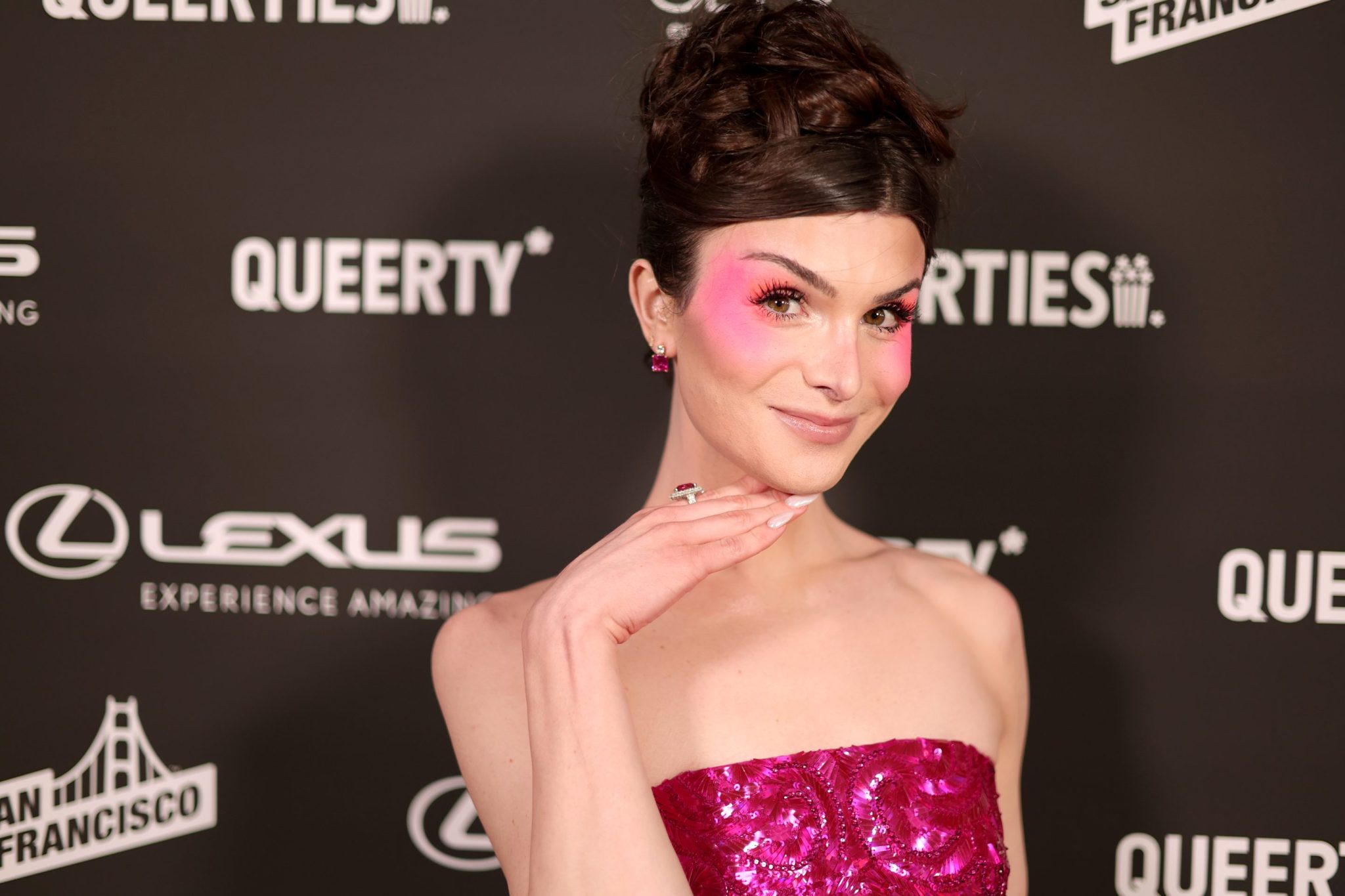
Transgender influencer Dylan Mulvaney overshadowed Anheuser-Busch InBev’s quarterly results this week, as the global beverage giant sought to assure investors the fallout from its controversial partnership can and will be contained.
The company’s sales in the U.S. had dropped after its Bud Light brand linked up at the start of April with the American social media star, who boasts nearly 11 million followers on TikTok, to promote its low-calorie beer.
The post on Instagram immediately sparked a culture war backlash that led to consumers ditching the brand as part of an apparent grassroots boycott.
Fielding numerous questions from investors on the matter, AB InBev CEO Michel Doukeris disavowed the idea on Thursday.
“We will need to continue to clarify the fact that this was one can, one influencer, one post, and not a campaign, and repeat this message for some time,” Doukeris said on his company’s first-quarter earnings call.
While he wanted to see beer at the table of every important social debate, the CEO argued the key lesson his management team has learned is that their product should not find itself at the center of the debate.
“We need to understand the current environment—and especially the social media landscape—and how consumer brands, especially big brands with significant reach, can be pulled into a discussion like this one,” Doukeris said.
The native Brazilian told investors it was not his intention to wade into identity politics and effectively blamed the move on junior marketing staff making decisions that went above their heads.
Bud Light’s vice president of marketing Alissa Herrscheid has since found herself taking a leave of absence following her decision to promote the brand on Mulvaney’s Instagram channel, where the 26-year-old is followed by nearly 2 million users.
Doukeris indicated managers at her level would no longer be allowed to assume such responsibility on their own when it comes to campaigns that can quickly go viral, and not in the way management intends.
“One key thing in the U.S. was quickly adjust and streamline our structure,” he said. “So that in this situation and given the current environment—especially for the social media landscape—we have senior marketers running the programs.”
Tripling U.S. media spending this summer
Boycotts like the one targeting Bud Light are increasingly becoming a tool in the transgender debate on both sides of the issue.
In February, LGBTQ+ activists hoped to quash demand for Warner Bros. Discovery’s new Harry Potter video game in a bid to hurt author and transgender critic J.K. Rowling.
Responding to the criticism, Budweiser has since released a new social media ad steeped in Americana imagery, sponsored last week’s NFL draft, and maintained a “strong presence” at last month’s Stagecoach country music festival as it sought to wrap its brand name around sports and entertainment rather than politics.
While Doukeris did not refute the damage visited upon his U.S. business, the CEO did attempt to frame it in the context of his sprawling empire, where AB InBev remains the largest beer brewer in the world.
— Budweiser (@budweiserusa) April 14, 2023
Doukeris argued sales declines from the consumer boycott in the U.S. only reduced its overall global volume by 1% in the first three weeks of last month.
Pressed whether Bud Light’s controversy had started to hurt demand for its other products, Doukeris conceded it had. “Publicly available data shows some spillover effect across the other brands, while the majority of the impact is still on Bud Light,“ he said.
Although he claimed it was “too early for us to understand the duration and the total impact,” he nonetheless reaffirmed the company’s 2023 financial targets.
To restore Budweiser’s credentials as the brand of choice for the everyday, down-to-earth beer drinker, Doukeris now plans to triple U.S. media spending in the summer.
Mulvaney meanwhile has since broken her silence on the matter: “I’ve been offline for a few weeks and a lot has been said about me,” the TikTok star said last Friday.
“It was so loud, I didn’t even feel part of the conversation so I decided to take the back seat and just let them tucker themselves out.”






